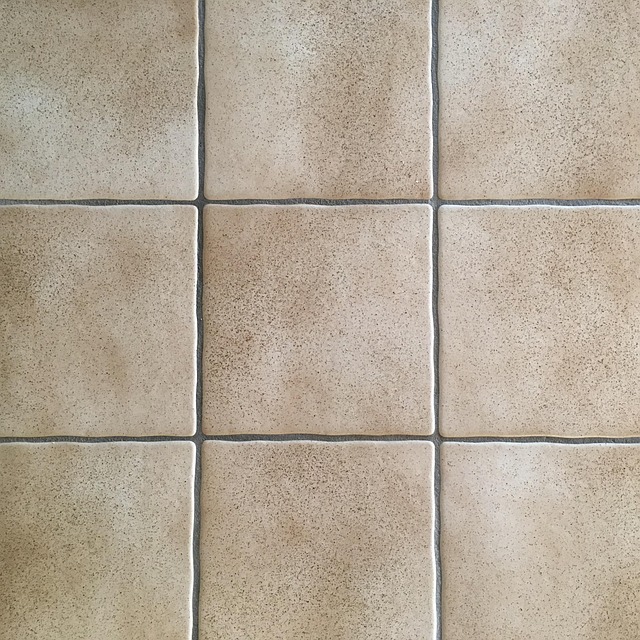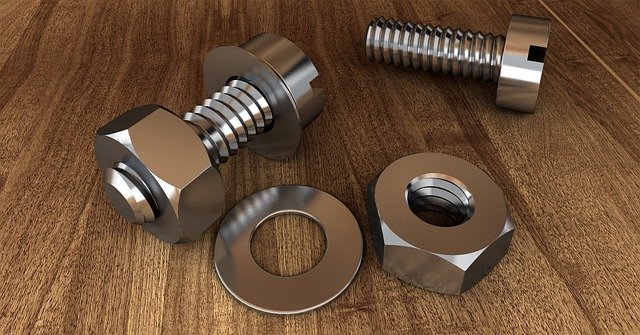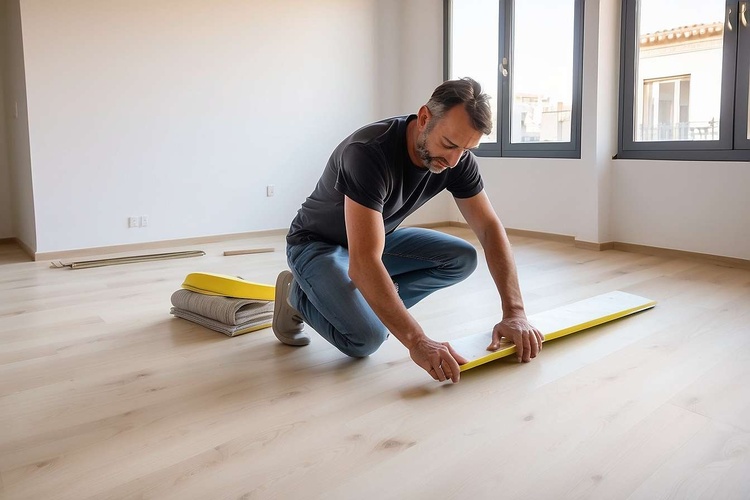Pest Control: Safeguarding Your Home from Unwanted Insects and Bugs
Maintaining a pest-free environment is crucial for the comfort, health, and safety of your home. Pest control involves various methods and strategies to prevent, manage, and eliminate unwanted insects and bugs from your living spaces. This article explores the importance of pest control, common household pests, and effective ways to keep your home bug-free.

What are the most common household pests?
Understanding the types of pests that commonly invade homes is crucial for effective pest control. Some of the most prevalent household pests include:
-
Ants: Various species of ants can invade homes, attracted to food sources and moisture.
-
Cockroaches: These resilient insects thrive in warm, humid environments and are known for spreading bacteria.
-
Termites: Wood-destroying insects that can cause severe structural damage to homes.
-
Bed bugs: Small, blood-feeding insects that infest mattresses, furniture, and clothing.
-
Rodents: Mice and rats can damage property, contaminate food, and spread diseases.
-
Flies: Common household flies can transmit pathogens and bacteria.
-
Spiders: While most spiders are harmless, some species can be venomous.
-
Mosquitoes: These flying insects are not only a nuisance but can also transmit diseases.
How can you prevent pest infestations in your home?
Prevention is key when it comes to pest control. Here are some effective strategies to keep insects and bugs at bay:
-
Seal entry points: Inspect your home’s exterior and seal any cracks, gaps, or holes that pests could use to enter.
-
Maintain cleanliness: Regularly clean your home, especially kitchen areas, to eliminate food sources that attract pests.
-
Proper food storage: Store food in airtight containers and dispose of garbage promptly.
-
Reduce moisture: Fix leaky pipes, improve ventilation, and address any areas of standing water around your property.
-
Declutter: Remove piles of cardboard, newspapers, and other clutter that can provide hiding spots for pests.
-
Maintain your yard: Keep your lawn trimmed, remove debris, and store firewood away from your home’s foundation.
-
Use natural repellents: Certain plants and essential oils can help deter pests from entering your home.
-
Regular inspections: Conduct routine checks of your home to catch any signs of pest activity early.
When should you consider hiring a professional exterminator?
While many pest issues can be managed with DIY methods, there are situations where professional help is necessary. Consider contacting an exterminator if:
-
You notice signs of a severe infestation, such as large numbers of pests or extensive damage.
-
DIY methods have been ineffective in controlling the pest problem.
-
You’re dealing with potentially dangerous pests, like venomous spiders or stinging insects.
-
There’s a risk of structural damage to your home, as with termite infestations.
-
You have recurring pest issues despite your best prevention efforts.
-
You’re concerned about the safe and proper use of pesticides, especially if you have children or pets.
What pest control methods do professionals use?
Professional exterminators employ a variety of techniques to eliminate and prevent pest infestations:
-
Integrated Pest Management (IPM): A comprehensive approach that combines multiple strategies for long-term pest control.
-
Chemical treatments: Application of EPA-approved pesticides tailored to specific pest problems.
-
Baiting systems: Strategically placed baits that target specific pests and their colonies.
-
Exclusion techniques: Sealing entry points and modifying environments to prevent pest access.
-
Biological control: Using natural predators or pathogens to control pest populations.
-
Heat treatments: Employing high temperatures to eliminate pests like bed bugs.
-
Monitoring and follow-up: Regular inspections and treatments to ensure long-term pest prevention.
What are the costs associated with professional pest control services?
Professional pest control services can vary in cost depending on factors such as the type of pest, severity of infestation, and treatment method required. Here’s a general overview of pest control pricing:
| Service Type | Average Cost Range | Frequency |
|---|---|---|
| One-time treatment | $300 - $550 | As needed |
| Monthly service | $40 - $70 | Monthly |
| Quarterly service | $100 - $300 | Every 3 months |
| Annual contract | $300 - $950 | Yearly |
Prices, rates, or cost estimates mentioned in this article are based on the latest available information but may change over time. Independent research is advised before making financial decisions.
Pest control is an essential aspect of home maintenance that ensures a safe, healthy, and comfortable living environment. By understanding common pests, implementing preventive measures, and knowing when to seek professional help, you can effectively protect your home from unwanted insects and bugs. Remember that a proactive approach to pest control not only safeguards your property but also contributes to the overall well-being of you and your family.






